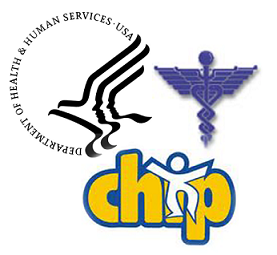[SPEAKER]
If this pattern is to change, CHWs and other stakeholders will need to consider a variety of funding sources and structures. One major possibility, which has received relatively little attention, is within the budgeting process of health care employers themselves. A number of employers have found evidence that employing CHWs can enhance revenue and reduce costs enough to more than offset the cost of employing CHWs. Acceptance of this strategy, however, will require a major investment in educating employers and providing technical assistance to implement it.
The second major source of potential funding is large public programs, such as Medicare, Medicaid, and the Children’s Health Insurance Program. These programs can benefit from efforts to address a wide range of health conditions. All of them are under pressure to control costs, improve quality, and reduce or eliminate health disparities. These programs commonly contract with managed care organizations who have great flexibility in the use of their revenues, and who also have incentives to improve outcomes and control costs. The only obvious limitation in these sources for funding is that payments can be used only to serve beneficiaries of each program.
State governments also expend billions of dollars on various health and health care programs targeting specific populations and issues. Some of the funding for these programs comes from the federal government, and states can mandate that vendors employ CHWs or outsource CHW services in implementing program objectives.
 If this pattern is to change, CHWs and other stakeholders will need to consider a variety of funding sources and structures. Sources of sustainable funding for CHW positions include:
If this pattern is to change, CHWs and other stakeholders will need to consider a variety of funding sources and structures. Sources of sustainable funding for CHW positions include:
